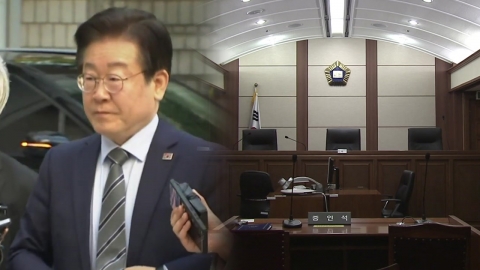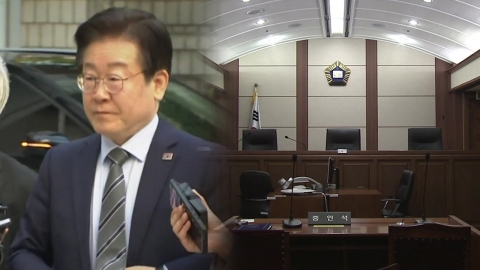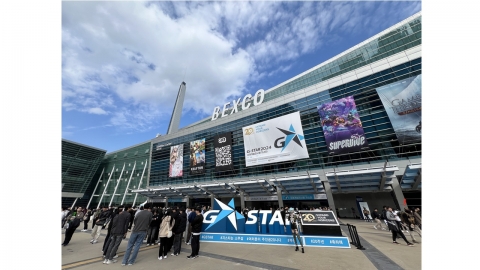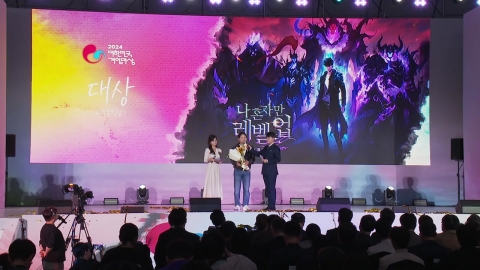Let's start 'Economic Pick' that kindly solves economic issues.
[Anchor]
Today, we are with reporter Choi A-young. Welcome.
[Anchor]
Let's see the first keyword.
The 'King Dollar' of the Exchange Rate Goes High...Will "verbal intervention" work for the authorities?
The dollar exchange rate has risen to the 1400 won range and the authorities have continued to maintain it even though they intervened verbally, right?
[Reporter]
That's right. Yesterday, it went up to 1,411 won.
Today, the highest price rose to 1,409.3 won at 11:06 a.m.
Since then, it has been on the decline and is still trading around 1,400 won.The dollar continues to strengthen as U.S. President Donald Trump, who emphasized 'America First'
, returns.
It is the first time in two years that the won-dollar exchange rate has exceeded 1,400 won.
During the IFM financial crisis in 1997 and 2008, it rose to the 1960 won level.
Since then, the won-dollar exchange rate has exceeded 1,400 won during the 2008 global financial crisis and the 2022 U.S. high interest rate shock.
In common, when Korea or the global economy was not good, the exchange rate was this high.
If the high exchange rate is fixed in the 1,400 won range, there are good and bad things about the Korean economy.
Since Korea has a high proportion of exports, price competitiveness is created when exporting finished products, which is a good thing for exporting companies.
On the other hand, Korea is highly dependent on imports.
The higher the dollar, the higher the import price, which could put our consumer prices under upward pressure.
[Anchor]
There must be companies that cry and laugh, but the foreign exchange authorities started oral intervention today as the exchange rate is rising.
[Reporter]
That's right. There are two ways the government can intervene in the foreign exchange market.
First of all, it's a way to warn you that you'll intervene in the market with words.
When these oral interventions don't work, the government directly intervenes to buy and sell dollars it holds.
Today, Deputy Prime Minister for Economy Choi Sang-mok held an emergency meeting on macroeconomic and financial issues.
Key economic parties called F4, including the governor of the Bank of Korea and the chairman of the Financial Services Commission, attended the meeting.
At the meeting, Deputy Prime Minister for Economic Affairs Choi Sang-mok asked, "If the volatility of the financial and foreign exchange markets expands excessively, please take active market stabilization measures in a timely manner."
He also said, "We will keep a close eye on the market situation with special tension around the 24-hour joint inspection system."
This oral intervention is the first in seven months since April, when the exchange rate rose by nearly 1,400 won due to political instability in the Middle East.
[Anchor]
There are also concerns that the exchange rate in the 1,400 won range will be fixed, what do the market think?
[Reporter]
Today, the Institute of Foreign Economic Policy predicted the global economy next year.
Two keywords for next year's global economic growth trend have been summarized: one is Trumpism, which strengthens, and the other is the deepening growth gap.
Therefore, it is predicted that the growth of the United States will continue, while the growth of competing countries will continue to slow down.
With the re-election of President Trump, the external situation of Korea's economy is more severe than ever.
In this regard, the exchange rate is expected to remain strong for the time being, but will ease after that.
Let's listen directly to the Institute for Foreign Economic Policy.
[Anchor]
The exchange rate is the strength of the country and the economy is psychological, so it seems important for the government to take quick action and find stability.
※ 'Your report becomes news'
[Kakao Talk] YTN Search and Add Channel
[Phone] 02-398-8585
[Mail] social@ytn.co.kr
[Copyright holder (c) YTN Unauthorized reproduction, redistribution and use of AI data prohibited]

![[News NIGHT] "I made money to do this"... "Against male and female engineering" protests at women's universities spread.](https://image.ytn.co.kr/general/jpg/2024/1114/202411142250252137_h.jpg)



![[Y scene] ATEEZ's brilliant growth story..."Unstoppable Challenges Are Our Values" (Roundup)](https://image.ytn.co.kr/general/jpg/2024/1114/202411141722269732_h.jpg)
![[Site Y] ATEEZ "Stimulates the performance of K-pop seniors and juniors..."Constantly challenging".](https://image.ytn.co.kr/general/jpg/2024/1114/202411141701219479_h.jpg)


